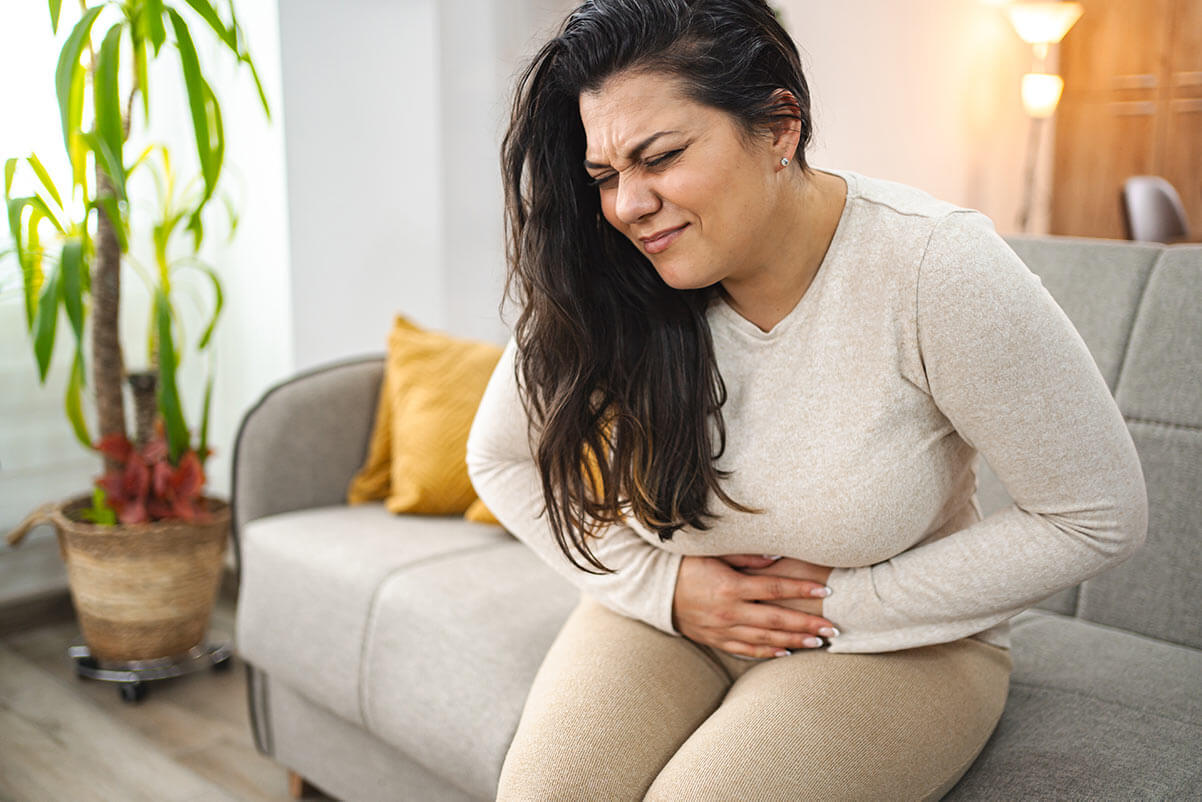
In 2019, when the COVID-19 pandemic hit, it produced fear, anxiety, and uncertainty. While the pandemic weighs heavy on everyone’s minds, we see how it is affecting our children. According to the CDC, mental health was deteriorating in children and adolescents before the pandemic. The extraordinary life changes and stress amid the pandemic worsened overall mental health, leading to various types of anxiety for adults and children.
Children’s Mental Health Problems Are Rising
It is estimated that almost 40,000 children in the US have lost a parent to COVID-19. Pandemic anxiety and trauma and seeing and experiencing these deaths are creating great insecurity in our children. (American Academy of Pediatrics 2021)
What is Anxiety?
Young children and adolescents experience stress, disappointment, fear, and sadness from different sources – while some stresses are positive and help them make mindful life choices. Stressful situations can be overwhelming to a child. It’s vital to keep a close watch on your child’s changing behavior and identify anxiety.
Anxiety is when the child is unable to resolve and overcome the general fears and worries in life, and it starts interfering with their daily routine, especially at school. Anxiety can manifest in different ways.
There are different types of anxiety. Here are some simple definitions.
Separation Anxiety – scared or afraid of being away from parents or a loved one.
Phobias – constant fear of a specific situation; for example, fearing dogs, insects, or going to the doctor.
Social Anxiety – unable to cope in a crowded place. Afraid of going to school or engaging in social gatherings.
General Anxiety – always worried about any bad situation happening.
Panic Disorder – recurring episodes of unexpected and intense fear, having symptoms like rapid breathing, dizziness, excessive sweat, and a pounding heartbeat.
(CDC 2021)
What Are Anxiety Symptoms in Children?
Children can experience mild anxiety symptoms like trouble sleeping, irritability, fatigue, avoiding eating or overeating, mood swings, crying easily, loss of interest, and headaches. Some children may routinely express stress and worry, frequently complain about their school and classmates, display unexpected fearful reactions, or clinging to a parent or caregiver.
If you notice your child is experiencing these symptoms by abandoning a healthy relationship with you, or showing hostility, this may be anxiety. (APA 2019)
Creating a Path to Mental Wellness
The pandemic has changed our lives in many ways. Be mindful of these changes. If your child experiences prolonged anxiety symptoms, including but not limited to those described above, consult a medical or mental health professional as soon as possible. Here, you’ll be provided with proper guidance and support. You’ll be given resources to help manage mental health issues which may feel foreign to you. Don’t feel stigmatized by these changes. A treatment plan is key to successfully resolving your child’s anxiety.
The best approach is to have proactive, open communication with your child and talk to your doctor about sustainable ways to help maintain your family’s mental health to get you through these difficult times. The result can be increased resilience and strength for the future.
Works Cited
American Academy of Pediatrics, Staff. “Mental Health during COVID-19: Signs Your Child May Need More Support.” HealthyChildren.org, 30 July 2021, www.healthychildren.org/English/health-issues/conditions/COVID-19/Pages/Signs-your-Teen-May-Need-More-Support.aspx.
CDC, National Center on Birth Defects and Developmental Disabilities. “Anxiety and Depression in Children.” Centers for Disease Control and Prevention, Centers for Disease Control and Prevention, 22 Mar. 2021, www.cdc.gov/childrensmentalhealth/depression.html.
APA, American Psychological Association. “Identifying Signs of Stress in Your Children and Teens.” American Psychological Association, American Psychological Association, 5 Sept. 2019, www.apa.org/topics/stress/children.
















